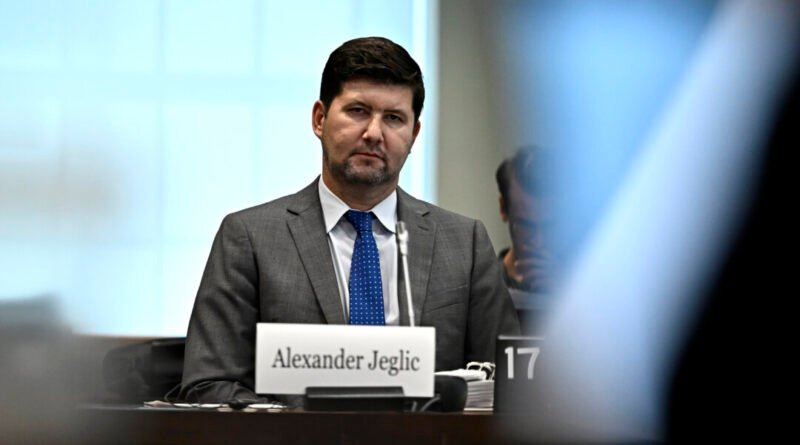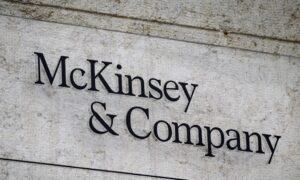Procurement Ombudsman Urges Revamp of Federal Contracting Procedures Following Allegations of Favouritism
Procurement Ombudsman Alexander Jeglic is urging the federal government to revamp its contracting process after releasing a report that highlighted “a strong perception of favouritism” in awarding contracts to a U.S. consulting firm.
Mr. Jeglic addressed the Standing Committee on Government Operations and Estimates on April 29, pointing out multiple “systemic issues” in the current procurement process.
“I believe the time for action is now, we must reevaluate federal procurement as a whole. I know it may sound drastic,” Mr. Jeglic stated.
“I am concerned that without more aggressive action from my end, significant changes will not occur. Quick fixes are not the solution. We need to deeply rethink how federal procurement is conducted.”
The report revealed that the firm was awarded $43 million in contracts without proper justification. McKinsey & Company, with headquarters in New York City and offices in Toronto, Montreal, Calgary, and Vancouver, was under scrutiny.
“The lack of diligence and oversight of departments in this regard is troubling,” the report said. “Swift action is required to ensure processes are developed so that this situation does not repeat itself.”
McKinsey has earned $112 million from government contracts since 2011, making more than $30 million in 2020 alone, the report found.
Out of the 32 McKinsey contracts reviewed by the procurement ombudsman, seven were from competitive procurement processes, but the report highlighted two that were altered after McKinsey bids.
The first modification was for a Canada Border Services Agency contract valued at $1.8 million, allowing McKinsey full bidding rights. The second modification was for a $450,000 contract with Innovation, Science and Economic Development Canada.
During the committee meeting, Conservative MP Larry Brock questioned Mr. Jeglic about whether favouritism towards McKinsey could be considered fraudulent.
Mr. Jeglic clarified that no evidence of fraud was found, stating that no single department displayed multiple instances of favouritism.
When asked if the government potentially defrauded taxpayers by favoring McKinsey, Mr. Jeglic acknowledged that an argument could be made, but no concrete evidence was observed.





